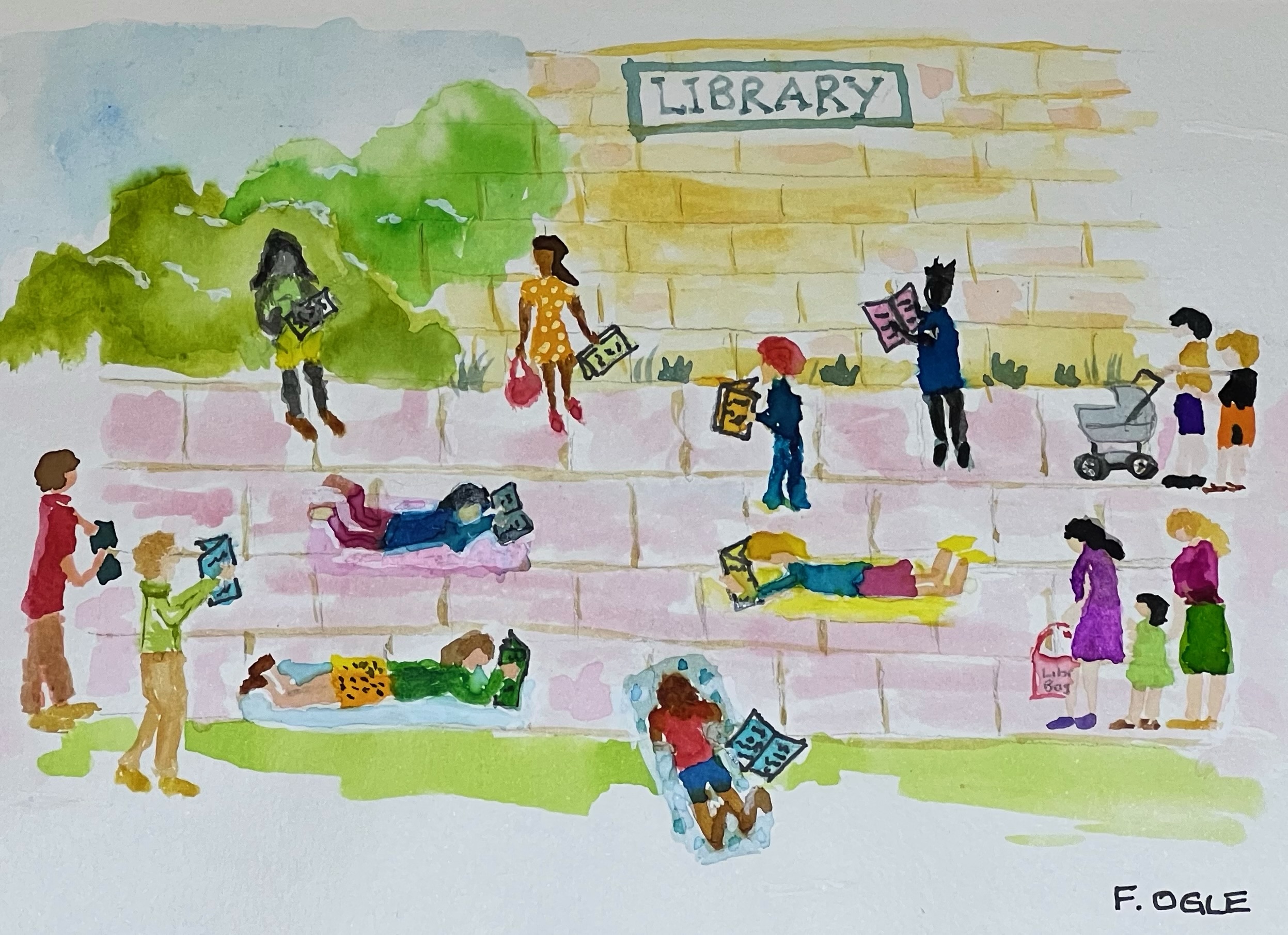
On Monday this week, Editors Victoria (a branch of the Institute of Professional Editors) hosted a launch online of my book, Editing for Sensitivity, Diversity and Inclusion: A guide for professional editors (2e, published by Cambridge University Press). I was thrilled to be in the company of more than 90 editor colleagues from across Australia and Aotearoa New Zealand, and a fruitful, albeit brief, discussion was had in the allotted hour.
At the conclusion of the event, we discovered that many people (123 people had registered) had misread or misunderstood the starting time and were trying to join just as we were closing the virtual meeting room.
This kind of mistake is remarkably common, and of course regrettable when we find we have missed out on an activity or benefit as a result. So, why do some people misread or misinterpret instructions and information? An obvious answer is that reading comprehension is a skill that needs to be learned and maintained through constant practice. But we might reasonably assume that the people who misread the time of the event were editors already skilled in reading comprehension, given that the event was hosted by a professional association of editors.
Context is everything
There is a theory about how people process information: that the context is critical. Psychologists (see, for example, this article by Leon F. Seltzer PhD) say it does not matter how crystal clear you think your message is, the reader’s comprehension will depend on factors outside your control, such as their emotional state – whether they are tired or angry, for example – and their associations with the words or phrases in your message. So word choice is important, too. This could be the point at which I tell you (yet again) why editors are important partners in crafting your message and how we can add value to your writing project.
That is true, of course, but not the point of this post. One of the most effective techniques I use with “my” authors and clients is to ask questions. Many questions. And while this may be annoying for some, there is a method in this madness. Your answers provide me with hard facts; for example, about the type of book you are writing and the audience(s) you are writing for. At the same time, the “soft” information I garner from our conversations tells me a great deal about the “style, flavour and tone” we will be aiming for; about your intentions, your hopes and dreams for the work.
And while your responses help to get the metaphorical wheels turning in my brain, it is doing something for you, too. Having to respond to questions, particularly ones whose answers you may not yet have thought about, can engage your brain in a very creative way. Even a response like “I don’t know” can provide me (and you) with pertinent information.
Diversity and cultural appropriation: Why should we care?
The book launch included an interview between me and Thirangie Jayatilake, EdsVic’s Inclusion and Access Adviser, who asked the anticipated questions about how I came to write the book and whether editors have ethical responsibilities with regard to diversity and inclusion.
The question that fascinated me most was this (I’m paraphrasing): “Why should we care about issues such as diversity and cultural appropriation?”
Now, if you know me, or anything about me, you could probably predict my answer, which was two-fold:
- That diversity matters because we all matter. Why not produce books that reflect the world in which we live? There are many, many more reasons, but I’ll leave you to read about them in my book.
- That cultural appropriation may be considered trivial to those in the dominant culture (that is to say, the white majority in countries like Australia, Aotearoa New Zealand and the United States), but it most certainly does matter to the people(s) whose cultures are being appropriated. As Rina Arya (2021) concludes in an excellent paper on the topic:
“The concept of cultural appropriation matters and draws attention to the fact that not all forms of cultural exchange are equal and calls into questions the ethics of a majority/dominant culture taking from a marginalised culture. Access to other cultures has become easier in many parts of the world because of globalisation and this increases the urgency in understanding the implications of cultural appropriation and the boundaries of what constitutes the sharing of culture in a responsible way.”
Storytelling is at the very heart – indeed it is the essence – of who we are as humans.
Our stories, whether fiction or memoir, or both, ought to reflect the diverse cultures, ethnicities, identities and (dis)abilities that make up our world.
Whether we write them or read them, we should expect books and stories to include real people* as we are in life: complex, mundane, amazing…
I look forward to continuing the discussion!
*Obviously, this does not include characters made up for fantasy or science fiction.
Reference
Rina Arya (2021), Cultural appropriation: What it is and why it matters, Sociology Compass, 15(10):e12923. https://doi.org/10.1111/soc4.12923


